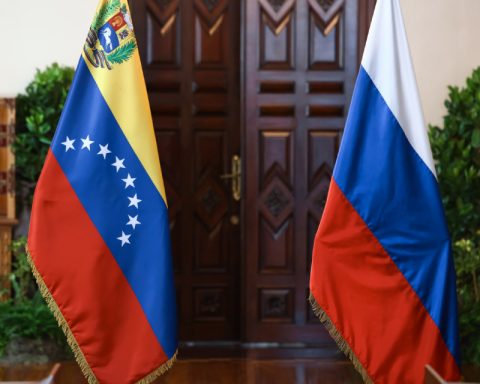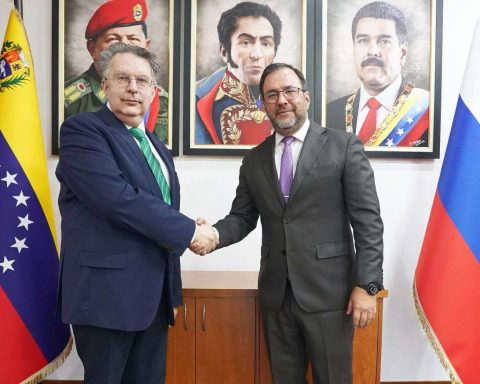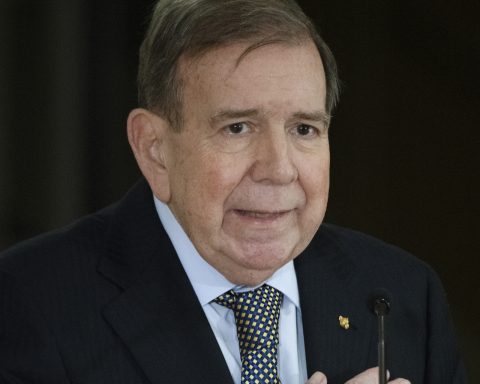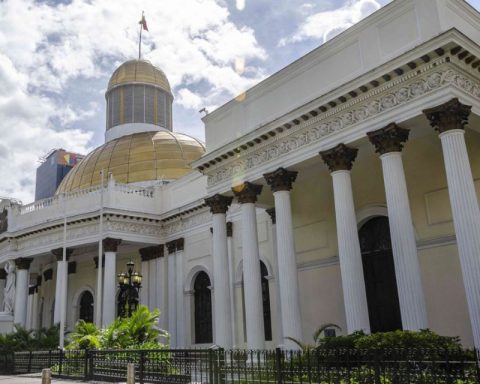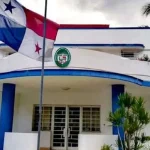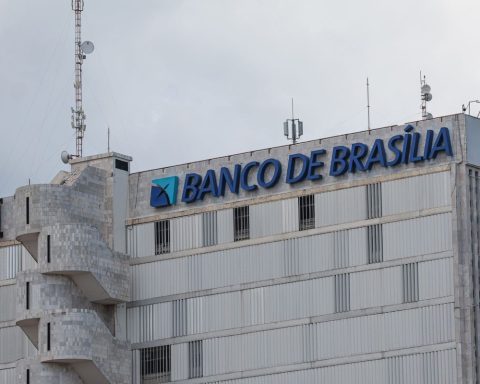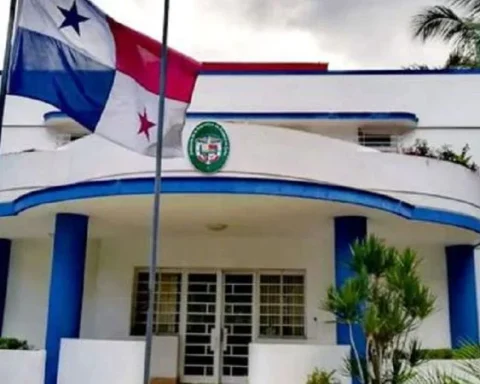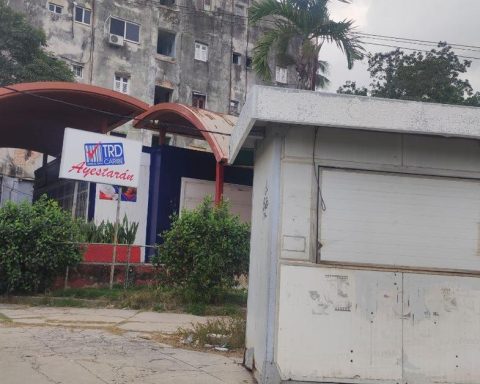The impact that the tax on foreign currency payments has had on the population has led to representatives of business associations requesting its modification. While the political leader Antonio Ecarri filed an annulment appeal against the IGTF before the TSJ, stating that “it generates more inflation, poverty and stimulates tax evasion”
The tax on payment with foreign currency, as the Tax on Large Financial Transactions (IGTF) has been called, generates additional costs for companies that push up the prices of goods and services, for which reason In an economy like Venezuela’s, highly inflationary by itself, the impact is even greater. Due to the impact it has had on the purchasing power of Venezuelans, several business representatives and even political leaders have requested a change in their rate and even a truce in their payment while the private sector finishes recovering.
On the other hand, this Wednesday, February 8, the leader Antonio Ecarri filed before the Supreme Court of Justice (TSJ) an appeal for annulment against the IGTF Law, “for assuming an inflationary boot that tramples Venezuelan entrepreneurs.”
Defining it as a “regressive and confiscatory tax,” Ecarri said that the IGTF is bleeding the pockets of Venezuelans by assuming a direct impact on medicines and food. “While it is true that there are international sanctions, there are also sanctions and national blockades that are preventing entrepreneurs, popular wineries, businesses in municipal markets, that self-employed workers; who are the great national majority, can support their families », he warned.
In this regard, Cedice Libertad recently indicated in a report that this tax on payments in dollars would have an adverse effect on prices and would decrease the rate of inflation growth; but also “in the slowdown of any hint of improvement in the economy, increasing unemployment and dragging the living conditions of the average Venezuelan to a worse level.”
The latest resignation of the IGTF Law in March 2022 contemplates the implementation of a 3% percentage for financial and commercial operations carried out in Venezuela in foreign currency or cryptocurrencies. The tax came at a time when about 70% of exchanges in the country they were made in foreign currency (with even higher percentages in border areas) to offset the effects of the loss of value of the national currency.
“We must remember that the terrible situation of hyperinflation and scarcity that the country experienced between 2017 and 2019 managed to stabilize thanks to the fact that the use of foreign currency was allowed in transactions and now what is done is to affect that process (…) it is an additional tax for consumption, with the aggravating circumstance that it does not allow deductions in the supply chain (such as Value Added Tax)”, Cedice pointed out.
To date, the IGFT has achieved one goal: decrease foreign currency payments in cash. According to the latest figures given by the Ecoanalítica consultancy, 46.7% of transactions in the country in November 2022 were made in dollars, reflecting a significant drop from its March 2021 peak of 67.1%.
This decrease in foreign currency payments also had an effect on the commercial sector. Due to the constant devaluation of the bolivar, merchants needed more bolivars to be able to buy foreign currency and thus pay their suppliers. That is why offers and discounts were devised for their customers “only if they pay in dollars.”
“The rejection of this tax not only responds to the fact that it threatens the consumer’s disposable income, but also everything points to the fact that it will simply feed public sector payroll spending, which, in addition to being bulky, is highly inefficient. Just review the quality of basic services and offered by the public sector: water and sanitation, electricity, telecommunications, transportation, education,” Cedice stressed.
Truce for and IGTF
Antonio Ecarri also argued that this tax encourages evasion of the national tax. “It is not a profit for anyone, not even for the Government (…) It is a tax that damages the country and we need a multi-currency country today, so today Venezuela should be accepting currencies of all kinds and facilitating the operation for all Venezuelan entrepreneurs and businessmen. What we need is to be more open to the world. This is a blockade on the blockade.”
In this regard, the private sector has proposed several modifications to the IGTF in meetings with government representatives and even with Vice President Delcy Rodríguez. One of them is the reduction of the aliquot or that payments in foreign currency stop being paid.
In the middle of 2022, Fedecámaras proposed that the tax rate be set at less than 1%, however, as can be seen there was no white smoke in this regard. «The IGTF is very high and it is also added in each link of any value chain. It is necessary to remove natural persons from the collection of said tax, because the Venezuelan is not in a position to assume that burden, “said Carlos Fernández, president of the largest private business entity in the country.
Due to the little response, the unions once again tried another proposal: an exemption for a certain time from the payment of the tax on commercial and financial transactions, or until the economy is fully reactivated and its growth is sustained. Several called this strategy a “truce” while the country recovers.
This request was also taken to the Finance Commission of the 2020 National Assembly, which has a responsibility for the creation and modification of laws.
In this regard, the leader Antonio Ecarri announced that he will insist on the issue at the national dialogue table and will propose it to the main actors of the international community. He also promised to do the same before the National Assembly with the support of the parliamentary fractions of Cambiemos and Avanzada Progresista.
*Read also: EXCLUSIVE | Taxes such as the IGTF and the mining royalty become relevant in the budget
Post Views: 142


